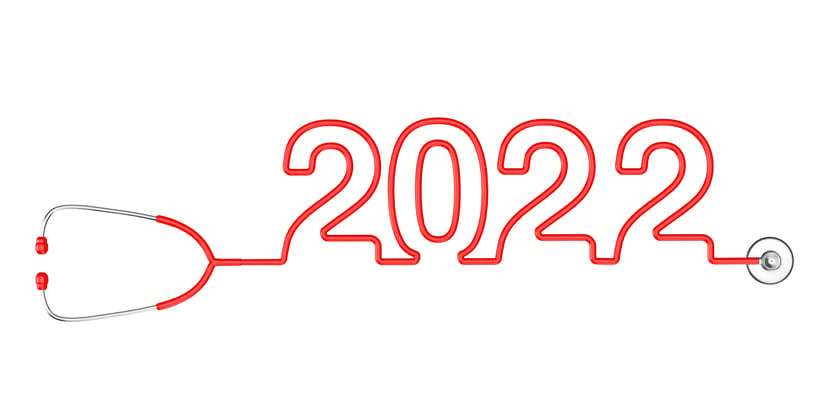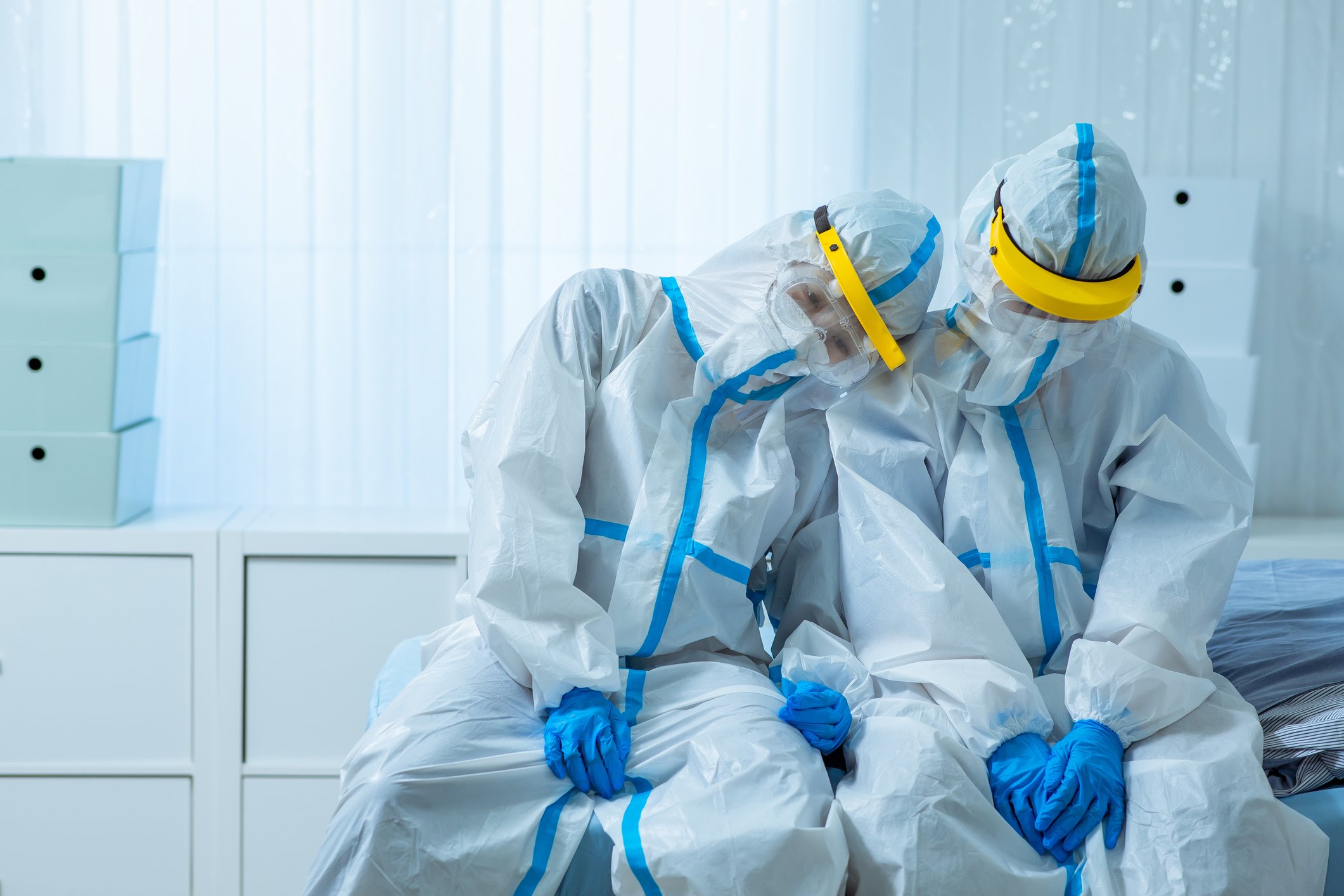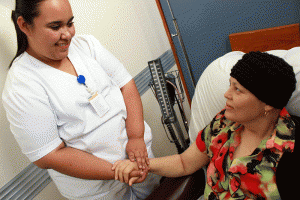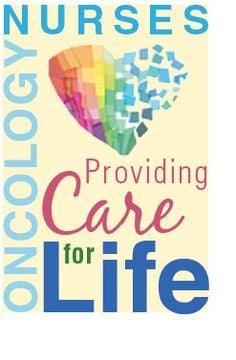Jefferson Health, a DiversityNursing.com “Proud Partner”, is excited to reveal the growth of its Nursing SEAL Team, a groundbreaking initiative designed to tackle staffing shortages while offering Nurses enhanced flexibility and valuable experience.
The Nursing SEAL Team, which stands for Service, Excellence, Advocacy, and Leadership, was inspired by the concept of an elite special forces unit. Initially launched in 2022 with 25 Registered Nurses, the program has grown to encompass over 150 highly experienced, full-time Nurses who deliver care across Jefferson’s acute care hospitals.
“We recognize the importance of identifying innovative solutions to address Nursing workforce and staffing challenges,” said Daniel Hudson, MSN, RN, CENP, Vice President and Associate Chief Nurse Executive, Jefferson Health. “Our Nursing SEAL Team has proven to be a successful solution that has resulted in greater flexibility and improved Nurse satisfaction, while continuing to ensure that our patients receive the highest quality of care.”
Nurses on the SEAL Team are assigned to a variety of departments, such as medical/surgical, telemetry, critical care, and emergency services, ensuring that a broad spectrum of patient needs are met. Every two weeks, team members are reassigned to the hospital and unit that requires the most support for each shift. These assignments are determined using proactive scheduling data and insights from Nursing workforce leaders.
Nurses are strategically positioned ahead of time to cover for colleagues on leave and to bolster departments with high vacancy rates or those that typically see a surge in patient admissions. Of the more than 150 Nurses on the SEAL Team, a significant 60 percent or more are assigned to night or rotating shifts, where the need for additional support is often greater.
“The Nursing SEAL Team has been a tremendous support to all levels of our workforce. The average SEAL Team member has nine years of Nursing experience which brings a wealth of knowledge and clinical expertise to support new to practice Nurses on their units,” said Andrew Thum, DNP, ML, RN, NE-BC, Director, Nursing Workforce Operations, Jefferson Health.
Since its launch two years ago, the Nursing SEAL Team has garnered consistent positive feedback from its members. In addition to providing greater flexibility and better staffing, the initiative has significantly decreased the dependence on agency Nurses, achieving an impressive 95% reduction.
“Nursing workforce optimization requires a multi-faceted approach to meet the ever-changing needs of our care teams. Our Nursing SEAL Team is one of many ways that we continue to engage, retain and recruit highly qualified and experienced Nurses,” said Kate FitzPatrick, DNP, RN, NEA-BC, FAAN, Executive Vice President and Connelly Foundation Chief Nurse Executive Officer, Jefferson Health.
Jefferson’s Nursing SEAL Team is part of the organization’s comprehensive strategy for Nursing workforce optimization. Additional initiatives include the Virtual Nurse Program and Nurse Emeritus Program.
Source: Jefferson Health


 Nurse gig shifts refer to temporary or short-term Nursing assignments that are often offered through staffing agencies or online apps. These shifts can range in length from a few hours to several weeks or months and are often taken by Nurses who are looking for flexible work arrangements or who want to supplement their income.
Nurse gig shifts refer to temporary or short-term Nursing assignments that are often offered through staffing agencies or online apps. These shifts can range in length from a few hours to several weeks or months and are often taken by Nurses who are looking for flexible work arrangements or who want to supplement their income. Hospitals are hiring or accepting volunteer teens and young adults as a long-term strategy to help combat shortages in the healthcare industry.
Hospitals are hiring or accepting volunteer teens and young adults as a long-term strategy to help combat shortages in the healthcare industry. 


 Nurses are a critical part of healthcare and make up the
Nurses are a critical part of healthcare and make up the  The United States has a massive Nursing shortage, and the problem is only going to grow. Due to an influx of patients into our health system, the retirement of baby boomers, and educational obstacles, Nursing positions aren’t being filled fast enough to keep up with demand.
The United States has a massive Nursing shortage, and the problem is only going to grow. Due to an influx of patients into our health system, the retirement of baby boomers, and educational obstacles, Nursing positions aren’t being filled fast enough to keep up with demand. I bet there is a lot you can add to the comments from Oncology Nurses in this article. Perhaps you’re an Oncology Nurse or someone close to you is doing this job. This article will give you a glimpse of the day-today responsibilities, concerns, technological issues, and a perspective on how to answer a patient’s very difficult questions.
I bet there is a lot you can add to the comments from Oncology Nurses in this article. Perhaps you’re an Oncology Nurse or someone close to you is doing this job. This article will give you a glimpse of the day-today responsibilities, concerns, technological issues, and a perspective on how to answer a patient’s very difficult questions.

 Source:
Source: